Home>diy>Building & Construction>What Is A GC In Construction


Building & Construction
What Is A GC In Construction
Modified: December 7, 2023
Learn what a GC in construction is and how they play a crucial role in building construction projects. Explore their responsibilities and importance in ensuring project success.
(Many of the links in this article redirect to a specific reviewed product. Your purchase of these products through affiliate links helps to generate commission for Storables.com, at no extra cost. Learn more)
Introduction
In the world of construction, there are many important roles that contribute to the successful completion of a project. One such role is that of a General Contractor, often referred to as a GC. The GC plays a vital role in overseeing and managing all aspects of a construction project.
A General Contractor can be likened to the conductor of an orchestra. They are responsible for coordinating and harmonizing all the different elements and teams involved in a construction project, ensuring that everything comes together seamlessly to deliver a high-quality final result.
In this article, we will delve into the definition, responsibilities, and importance of a GC in the construction industry. We will also explore the required skills and qualifications for this role, as well as the benefits and challenges faced by GCs in their day-to-day work.
Whether you are planning a small renovation or a large-scale commercial construction project, understanding the role of a GC will be essential in ensuring a smooth and successful construction process.
Key Takeaways:
- A General Contractor (GC) is like the conductor of an orchestra, overseeing all aspects of a construction project. They manage budgets, schedules, and subcontractors, ensuring a seamless and high-quality final result.
- Hiring a GC offers benefits such as expertise, streamlined project management, cost savings, and enhanced quality control. Despite facing challenges, GCs play a crucial role in delivering successful construction projects.
Read more: What Is Pre-Construction In Construction
Definition of a GC in Construction
A General Contractor (GC) is a professional who oversees and manages all aspects of a construction project. They are responsible for leading a team of subcontractors, managing budgets and timelines, coordinating construction activities, and ensuring that the project is completed to the client’s satisfaction.
GCs act as the main point of contact between the client, the architect, and the various subcontractors involved in the construction process. They are responsible for understanding and interpreting the project plans and specifications, and for ensuring that all parties involved are working towards the same goal.
While the specific responsibilities and scope of work may vary depending on the size and complexity of the project, the primary role of a GC is to oversee the entire construction process from start to finish. This includes tasks such as obtaining permits and licenses, hiring and coordinating subcontractors, managing the construction schedule, ensuring adherence to safety regulations, and resolving any issues or conflicts that may arise during construction.
By taking on this leadership role, the GC acts as the project manager, ensuring that all elements of the construction process come together smoothly and efficiently. They are the driving force behind the successful completion of the project, and are accountable for delivering a high-quality final result.
Responsibilities of a GC
A General Contractor (GC) shoulders a wide range of responsibilities throughout the course of a construction project. Their primary objective is to ensure that every aspect of the project progresses smoothly and efficiently, while adhering to the client’s specifications and requirements. Here are some key responsibilities of a GC:
- Project Planning: The GC is responsible for developing a comprehensive project plan that outlines the scope of work, timelines, and budget estimates. They collaborate with the client, architects, and engineers to understand the project requirements and objectives.
- Contractor Selection: Finding and hiring reliable and skilled subcontractors is crucial for the success of any construction project. The GC is responsible for vetting and selecting qualified subcontractors to carry out specific tasks.
- Schedule Management: The GC creates and manages the project schedule, ensuring that tasks are completed on time. They coordinate and communicate with subcontractors, suppliers, and other stakeholders to ensure efficient workflow and mitigate delays.
- Budgeting and Cost Control: GCs are tasked with estimating project costs, creating budgets, and tracking expenses. They implement cost-effective strategies, negotiate with vendors, and manage change orders to keep the project within budget.
- Quality Control: Maintaining high-quality construction standards is essential to meet client expectations. GCs oversee the work of subcontractors, conduct inspections, and ensure compliance with building codes and regulations.
- Client Communication: Acting as the main point of contact, the GC keeps the client updated on the project’s progress, troubleshoots any issues that arise, and addresses client concerns or requests throughout the construction process.
- Permitting and Compliance: It is the responsibility of the GC to obtain all necessary permits and ensure compliance with local building regulations and safety standards. They work closely with the necessary authorities to secure the necessary approvals.
- Risk Management: GCs assess and manage project risks, including safety hazards, potential delays, and financial risks. They implement strategies to mitigate risks and ensure a safe working environment for all parties involved.
These are just a few of the key responsibilities that a General Contractor undertakes during a construction project. Their expertise and attention to detail are crucial for delivering a successful and well-executed construction project.
Roles and Duties of a GC
A General Contractor (GC) takes on various roles and duties to ensure the smooth execution of a construction project. They serve as the central figure in the construction process, overseeing different teams and tasks. Here are some of the primary roles and duties of a GC:
- Team Management: The GC is responsible for assembling and managing a diverse team of subcontractors, vendors, and suppliers. They collaborate with architects, engineers, and designers to ensure effective communication and coordination throughout the project.
- Contract Administration: GCs handle all contractual agreements with subcontractors, suppliers, and the client. They negotiate terms, review contracts, and ensure that all parties understand and comply with the agreed-upon terms and conditions.
- Construction Planning: GCs create a detailed construction plan that outlines project milestones, timelines, resource allocation, and material requirements. This plan serves as a roadmap to guide the construction process from start to finish.
- Procurement and Logistics: GCs oversee the procurement of construction materials, equipment, and supplies. They ensure timely delivery to the construction site, manage inventory, and maintain a smooth flow of resources to support the construction activities.
- Quality Assurance: GCs are responsible for maintaining high-quality standards throughout the construction project. They conduct regular inspections, implement quality control measures, and address any issues or deficiencies in the construction work.
- Safety Management: The safety of all workers and stakeholders on the construction site is paramount. GCs develop and enforce comprehensive safety protocols, conduct regular safety meetings, and ensure compliance with relevant safety regulations to minimize the risk of accidents.
- Cost Control: GCs play a crucial role in managing project costs and ensuring that the construction project stays within budget. They monitor expenses, review and approve invoices, negotiate with suppliers, and implement cost-saving measures without compromising the quality of the work.
- Problem Solving: Construction projects often encounter unforeseen challenges and obstacles. GCs are skilled problem solvers who can quickly address issues, resolve conflicts, and find solutions to keep the project on track.
- Client Relations: Acting as the main point of contact, GCs maintain open and transparent communication with the client. They regularly update the client on the project’s progress, address concerns, and ensure that the client’s vision and expectations are met.
- Project Completion: The ultimate duty of a GC is to successfully complete the construction project. This includes ensuring that all necessary inspections and permits are obtained, coordinating final inspections, and handing over the completed project to the client.
These are just a few of the essential roles and duties performed by a General Contractor. Ultimately, a skilled and experienced GC is instrumental in managing all aspects of a construction project and ensuring its successful completion.
Required Skills and Qualifications for a GC
Being a successful General Contractor (GC) requires a combination of technical expertise, practical knowledge, and strong leadership abilities. Here are some of the key skills and qualifications necessary for a career in GC:
- Construction Knowledge: A GC should have a solid understanding of construction principles, techniques, and industry standards. This includes knowledge of different construction materials, building codes, and regulations.
- Project Management: Excellent project management skills are essential for a GC. They should be proficient in planning, organizing, and overseeing all aspects of a construction project, including scheduling, budgeting, and resource management.
- Communication Skills: Strong communication skills are critical for effective collaboration with clients, subcontractors, and project stakeholders. A GC should be able to clearly convey instructions, listen actively, and address any concerns or issues that arise.
- Leadership: GCs need to provide clear and decisive leadership to guide the construction project. They should be capable of motivating and managing teams, making tough decisions, and resolving conflicts while maintaining a positive and productive work environment.
- Negotiation and Contract Management: GCs should possess strong negotiation skills to secure favorable contracts with subcontractors and suppliers. They should also have a solid understanding of contract management to ensure compliance and minimize legal risks.
- Problem-Solving: Construction projects often encounter unexpected challenges and obstacles. A GC should have excellent problem-solving skills to identify issues, evaluate options, and implement effective solutions to keep the project on track.
- Attention to Detail: Being detail-oriented is crucial for a GC to ensure accuracy and precision in project planning, cost estimation, and quality control. They must be meticulous in reviewing plans and specifications and monitoring the construction process.
- Knowledge of Safety Regulations: A comprehensive understanding of safety regulations and practices is vital for a GC. They should be well-versed in ensuring a safe working environment, implementing safety protocols, and managing potential risks on the construction site.
- Business Acumen: GCs need to have a solid grasp of business principles and financial management. They should be skilled in budgeting, cost control, and making strategic decisions that align with the project’s financial objectives.
- Professional Credentials: While not always mandatory, relevant professional certifications or licenses can enhance a GC’s credibility. Certifications such as Certified Construction Manager (CCM) or Project Management Professional (PMP) can demonstrate expertise and a commitment to professional growth.
These skills and qualifications form the foundation for a successful career as a General Contractor. By combining technical knowledge, managerial abilities, and strong interpersonal skills, a GC can effectively navigate the challenges and complexities of construction projects.
When hiring a general contractor (GC) for construction, make sure to check their credentials, experience, and past projects to ensure they are qualified for the job. It’s also important to clearly communicate your expectations and establish a detailed contract.
Read more: What Is Construction
Importance of a GC in Construction Projects
A General Contractor (GC) plays a crucial role in construction projects of all sizes and complexities. Their importance stems from their ability to efficiently manage and coordinate various aspects of the construction process. Here are some key reasons why a GC is essential in construction projects:
- Project Oversight: A GC provides overall project oversight, ensuring that all tasks and activities are progressing according to plan. They coordinate with subcontractors, suppliers, and other stakeholders to maintain a cohesive and streamlined construction process.
- Time and Schedule Management: GCs are responsible for creating and managing the project schedule. They ensure that tasks are completed on time, anticipate potential delays, and implement strategies to keep the project on track. This enables timely project completion and minimizes costly delays.
- Effective Resource Allocation: GCs oversee the allocation of resources, including materials, equipment, and manpower, to optimize efficiency and productivity. They ensure that the right resources are available at the right time, reducing waste and maximizing project outcomes.
- Quality Control: Maintaining high-quality standards is a top priority for a GC. They enforce quality control measures, conduct regular inspections, and ensure compliance with building codes and regulations. This results in a final product that meets or exceeds client expectations.
- Budget Management: GCs are responsible for budget management throughout the construction project. They estimate project costs, track expenses, and implement cost-saving measures where possible. This helps to avoid budget overruns and keeps the project financially viable.
- Effective Communication: Communication is vital in construction projects, and GCs act as the main point of contact for all project stakeholders. They facilitate communication between the client, subcontractors, architects, and other parties involved, ensuring that information flows smoothly and effectively.
- Risk Mitigation: Construction projects often involve various risks and uncertainties. GCs identify potential risks and implement strategies to mitigate them. They prioritize safety, adhere to regulations, and proactively address issues to create a safe working environment and minimize project risks.
- Problem Solving: Construction projects can encounter unexpected challenges and obstacles. GCs are skilled problem solvers who can devise creative solutions to address issues that arise during the construction process. Their ability to think on their feet and find practical solutions keeps the project moving forward.
- Client Satisfaction: A satisfied client is the ultimate goal of any construction project. GCs prioritize client satisfaction by understanding their needs, maintaining open lines of communication, and delivering a high-quality finished product. This helps to build long-term relationships and positive references for future projects.
In summary, a GC’s importance in construction projects cannot be overstated. They bring together diverse teams, ensure efficient project management, maintain quality standards, and mitigate risks. By overseeing all aspects of the construction process, GCs play a crucial role in delivering successful projects that meet client expectations.
Benefits of Hiring a GC
Hiring a General Contractor (GC) for your construction project offers a range of benefits that can contribute to a smooth and successful outcome. Here are some key advantages of hiring a GC:
- Expertise and Experience: GCs bring a wealth of expertise and experience to the table. They have extensive knowledge of construction processes, building codes, and industry best practices. Their experience enables them to anticipate and address potential challenges, resulting in more efficient project management.
- Single Point of Contact: Engaging a GC simplifies communication by providing a single point of contact for all project-related matters. The GC acts as the intermediary between clients, subcontractors, architects, and other stakeholders, ensuring effective and streamlined communication throughout the project.
- Streamlined Project Management: GCs take full responsibility for managing the project from start to finish. They handle project planning, scheduling, budgeting, and coordination of subcontractors and materials. This allows the client to focus on their own responsibilities, reducing their workload and stress.
- Efficient Resource Allocation: GCs have the expertise to efficiently allocate resources, such as materials, equipment, and labor, to optimize productivity and minimize waste. They have established relationships with reliable subcontractors and suppliers, ensuring timely access to resources while maintaining competitive pricing.
- Quality Control: GCs prioritize quality control at every stage of the construction process. They have systems in place to monitor and inspect workmanship, ensuring that construction meets or exceeds industry standards. This results in a high-quality finished product that meets the client’s expectations.
- Contractor Management: Hiring a GC eliminates the need for the client to individually manage and coordinate different subcontractors. The GC takes care of the subcontractor selection process, ensuring that they are qualified, reliable, and properly licensed. This saves time and effort for the client and helps to build a cohesive team.
- Cost and Time Savings: GCs are skilled at managing project budgets and schedules. They can negotiate competitive pricing with subcontractors and suppliers, identify cost-saving opportunities, and effectively manage project timelines. This results in cost and time savings for the client while maintaining project efficiency.
- Risk Mitigation: Construction projects involve inherent risks. GCs have the knowledge and experience to identify and mitigate potential risks, ensuring a safe working environment for all involved. They prioritize adherence to safety regulations, reducing the likelihood of accidents and liabilities.
- Peace of Mind: By entrusting the project to a GC, clients can enjoy peace of mind knowing that their project is in capable hands. GCs handle the complexities and challenges of construction, allowing the client to focus on other aspects of their life or business.
In summary, hiring a GC offers numerous benefits, including expertise, streamlined project management, cost and time savings, enhanced quality control, and reduced risk. By leveraging the services of a GC, clients can navigate the construction process with confidence and achieve their desired project outcomes effectively and efficiently.
Challenges Faced by GCs in Construction
While General Contractors (GCs) play a vital role in ensuring the successful completion of construction projects, they also face various challenges that can impact project execution. Here are some common challenges faced by GCs in the construction industry:
- Tight Timelines: Meeting project deadlines is often a major challenge for GCs. Unexpected delays, weather constraints, and changes in scope can all impact the construction schedule. GCs must carefully manage resources, coordinate subcontractors, and make adjustments to keep the project on track.
- Budget Constraints: Staying within budget can be challenging, especially when unexpected expenses arise or there are changes to the project scope. GCs must carefully monitor costs, negotiate prices with subcontractors and suppliers, and make informed decisions to avoid budget overruns.
- Managing Subcontractors: Coordinating and managing subcontractors can be complex, as each subcontractor has their own schedule, priorities, and work styles. GCs must effectively communicate expectations, resolve conflicts, and ensure that all subcontractors are working together harmoniously towards the project’s goals.
- Adapting to Changes: Changes in project scope, design modifications, or unforeseen site conditions can all present challenges for GCs. They must be flexible and adaptable, promptly addressing changes while minimizing disruptions to the project’s timeline and budget.
- Communication and Coordination: Effective communication is essential for successful project execution. GCs must actively communicate with clients, architects, subcontractors, and other stakeholders to ensure that everyone is on the same page. Miscommunications or lack of coordination can lead to errors, delays, and rework.
- Managing Expectations: Clients often have high expectations for their construction projects, including strict deadlines, specific design requirements, and cost considerations. GCs must manage these expectations while also navigating the realities of the construction process, ensuring that clients are satisfied with the final results.
- Safety and Compliance: Ensuring a safe working environment and compliance with local regulations and safety standards is a continuous challenge for GCs. They must establish and enforce strict safety protocols, conduct regular inspections, and educate workers on proper safety procedures to mitigate accidents and liabilities.
- Weather and External Factors: Construction projects can be greatly affected by external factors such as adverse weather conditions, labor shortages, or supply chain disruptions. GCs must anticipate and prepare for these external factors, adjusting schedules and resources to minimize their impact.
- Contractual and Legal Issues: GCs must navigate complex contractual agreements, negotiate terms, and ensure compliance with legal and regulatory requirements. Disputes, claims, or unexpected issues can arise, requiring GCs to strategize and seek resolution while minimizing project disruptions.
- Technology and Innovation: Keeping up with rapidly evolving construction technology and industry trends can be challenging for GCs. They must continuously update their knowledge and skills to leverage new tools, techniques, and methods that improve construction efficiency, productivity, and overall project outcomes.
Despite the numerous challenges faced by GCs, their expertise, problem-solving skills, and dedication to delivering successful projects allow them to overcome these obstacles and ensure the smooth execution of construction projects.
Conclusion
A General Contractor (GC) is an indispensable figure in the construction industry, responsible for overseeing and coordinating all aspects of a construction project. From project planning to resource allocation, from budget management to quality control, GCs play a crucial role in ensuring the successful completion of construction projects.
Throughout this article, we have explored the definition of a GC, their responsibilities, and the key roles they play in construction projects. We have discussed the required skills and qualifications for a GC, as well as the benefits of hiring one for your construction project. We have also highlighted the challenges that GCs face and how they navigate through them to drive the project towards success.
Hiring a GC brings a multitude of advantages, including access to expertise, streamlined project management, cost and time savings, enhanced quality control, and reduced risk. GCs serve as the cornerstone of communication, coordination, and problem-solving, ensuring that all stakeholders are aligned and that the project progresses in a smooth and efficient manner.
However, it is important to recognize that GCs also face challenges, such as tight timelines, budget constraints, managing subcontractors, and adapting to changes in the project scope. These challenges require expertise, adaptability, and effective communication to overcome and deliver a successful construction project.
In conclusion, the role of a GC in construction projects cannot be overstated. They are the driving force behind the seamless coordination, efficient resource management, and successful completion of construction projects. By entrusting your construction project to a skilled and experienced GC, you can navigate the complexities of the construction process with confidence and achieve your desired project outcomes.
Frequently Asked Questions about What Is A GC In Construction
Was this page helpful?
At Storables.com, we guarantee accurate and reliable information. Our content, validated by Expert Board Contributors, is crafted following stringent Editorial Policies. We're committed to providing you with well-researched, expert-backed insights for all your informational needs.
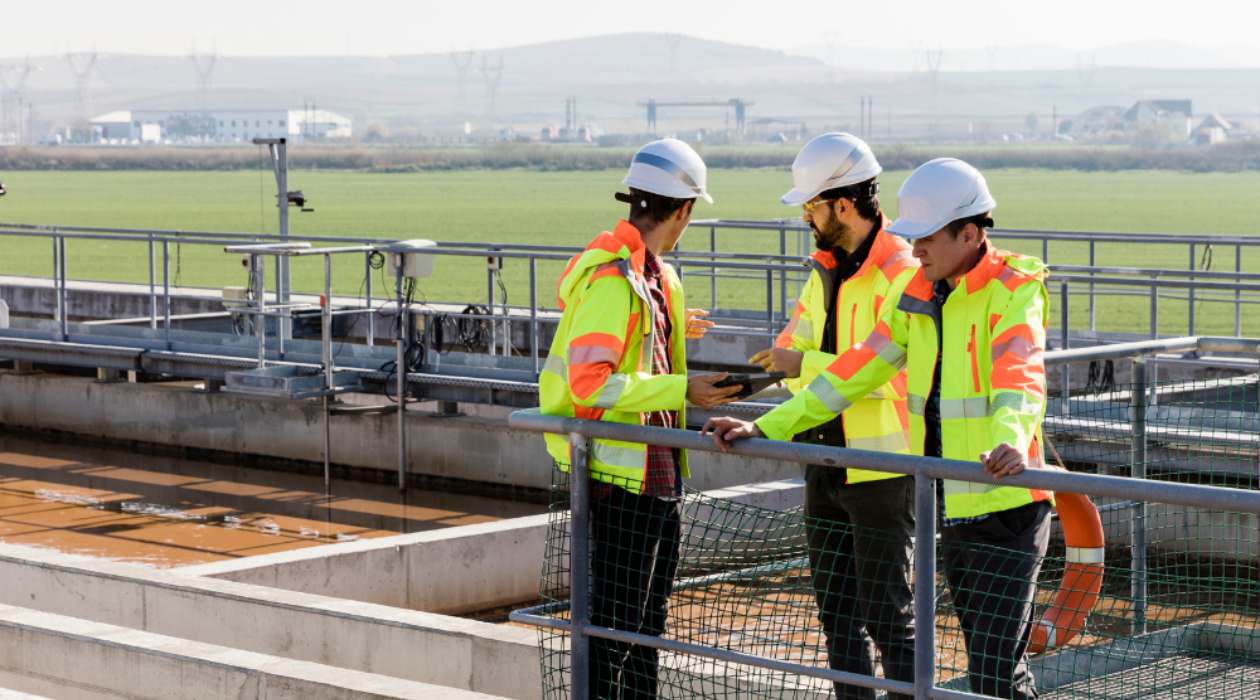
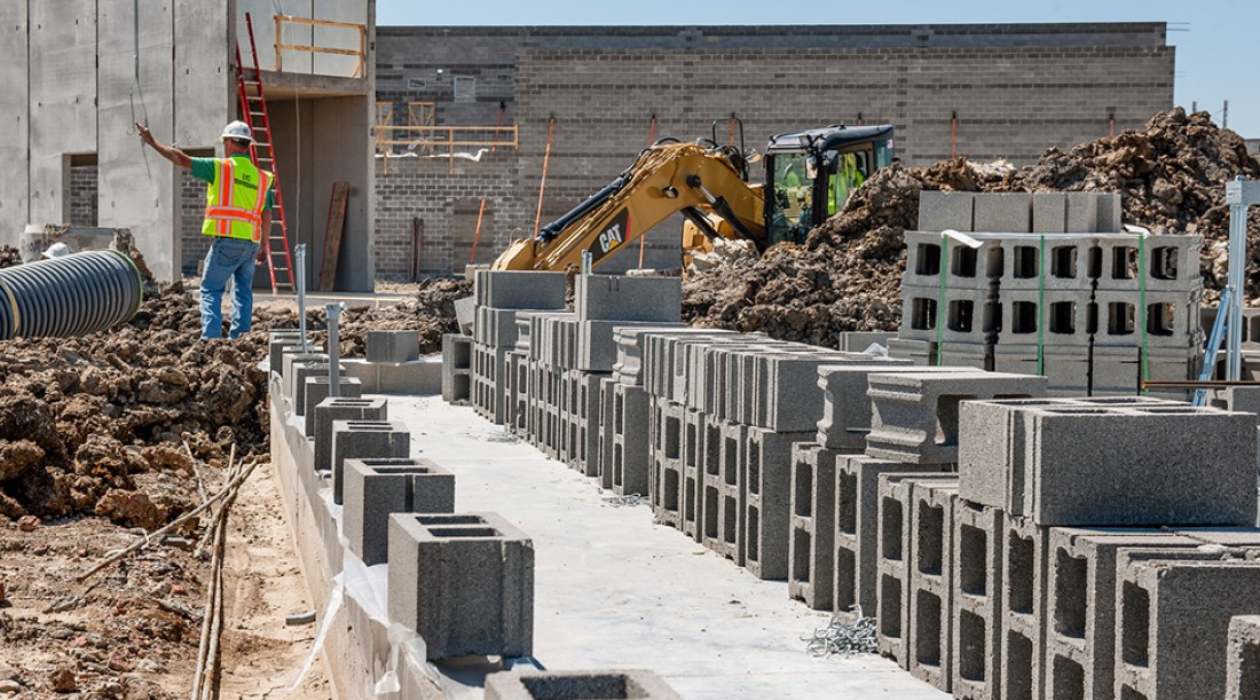
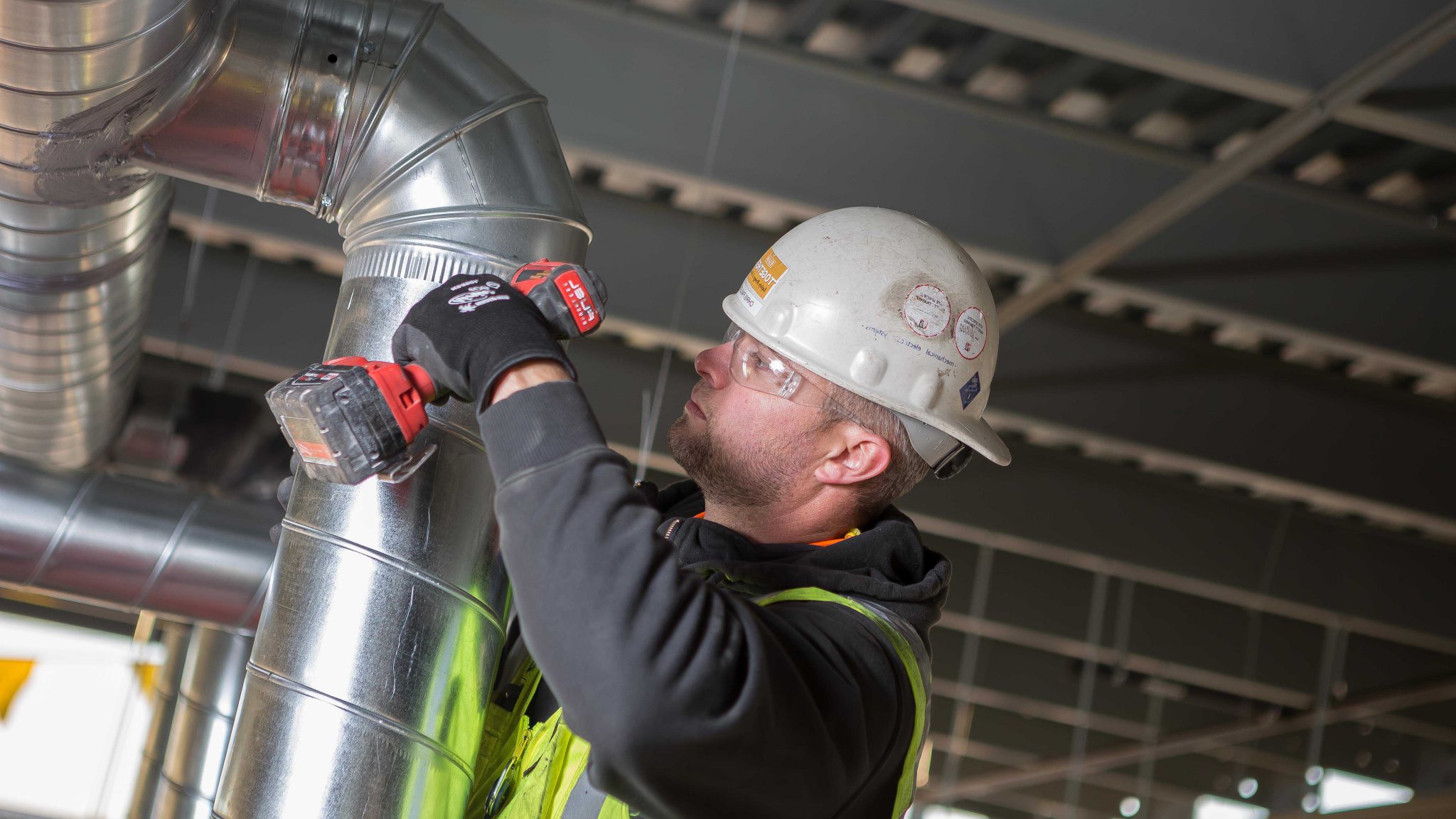
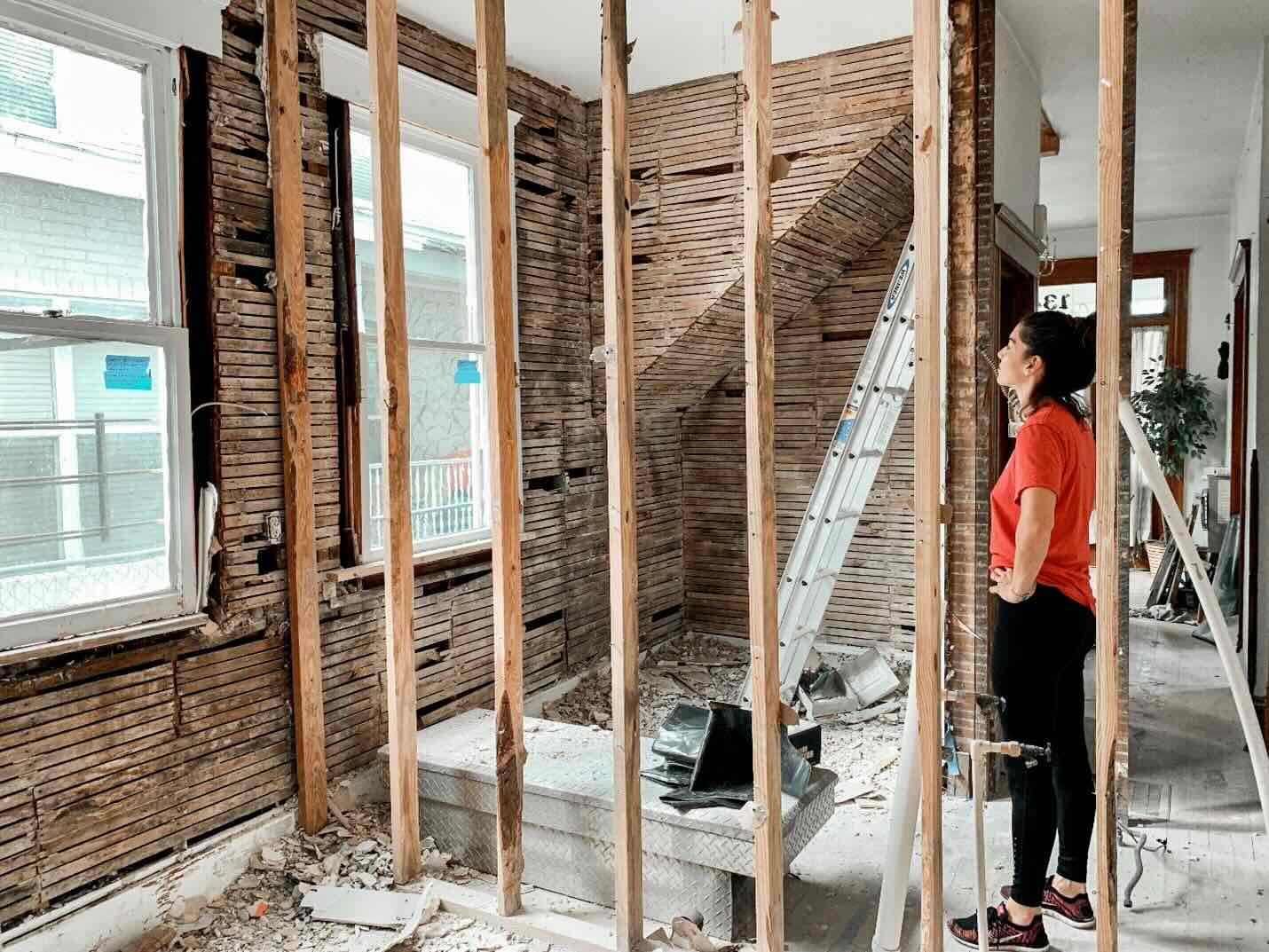
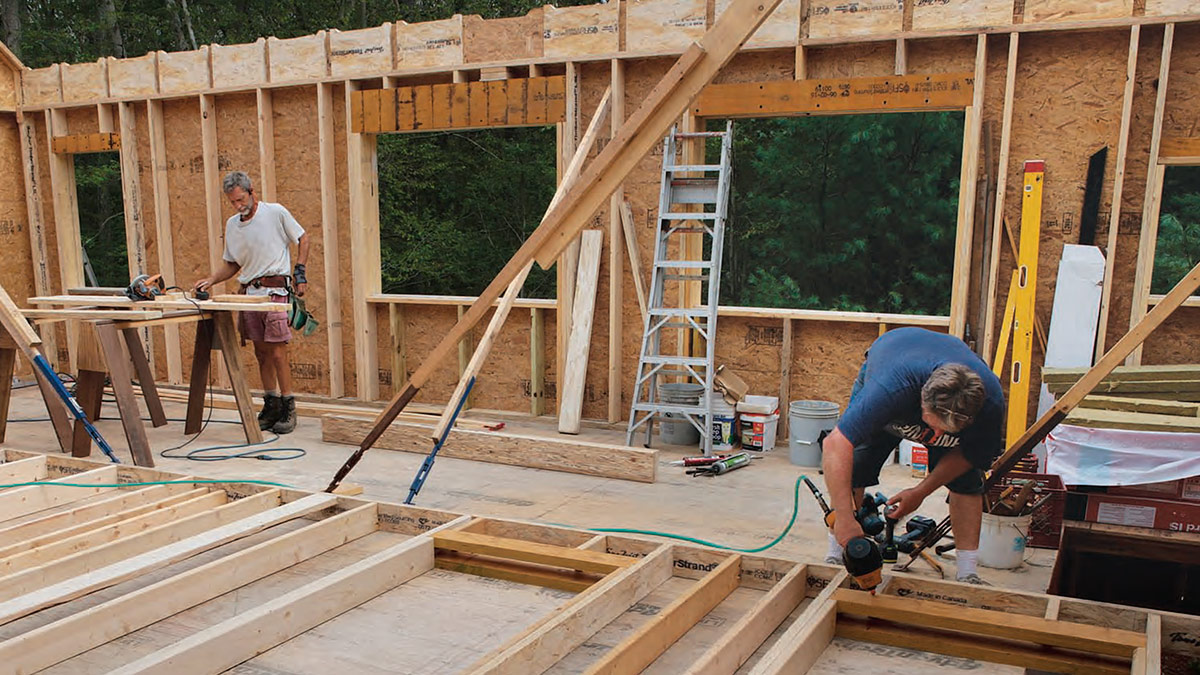

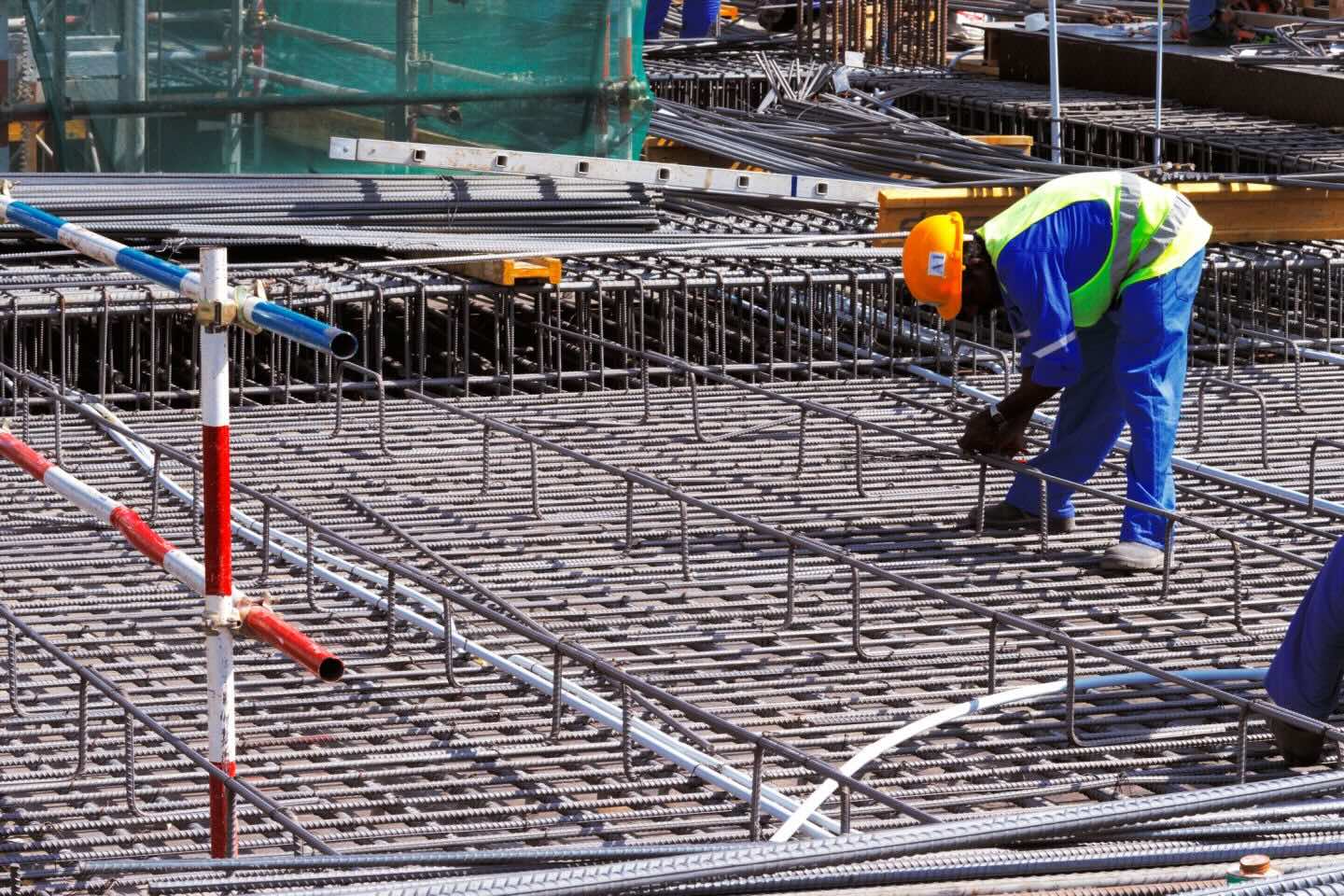

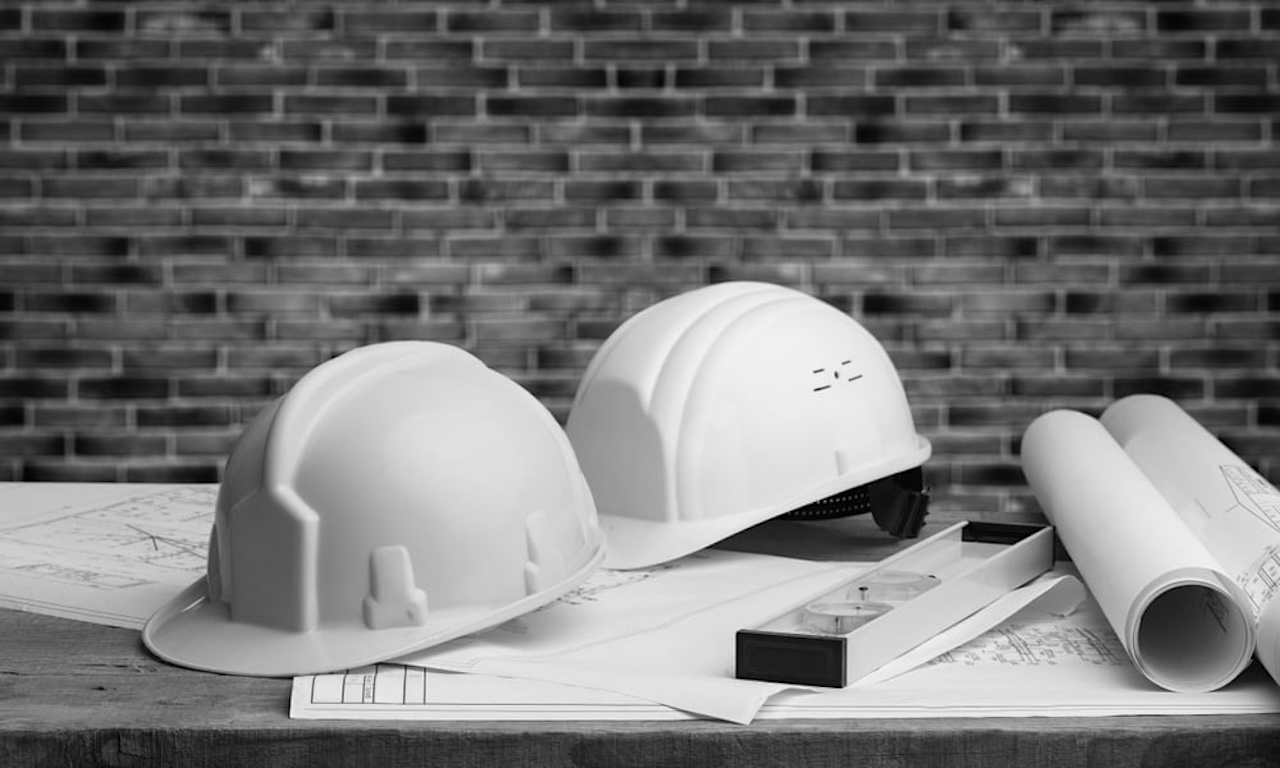
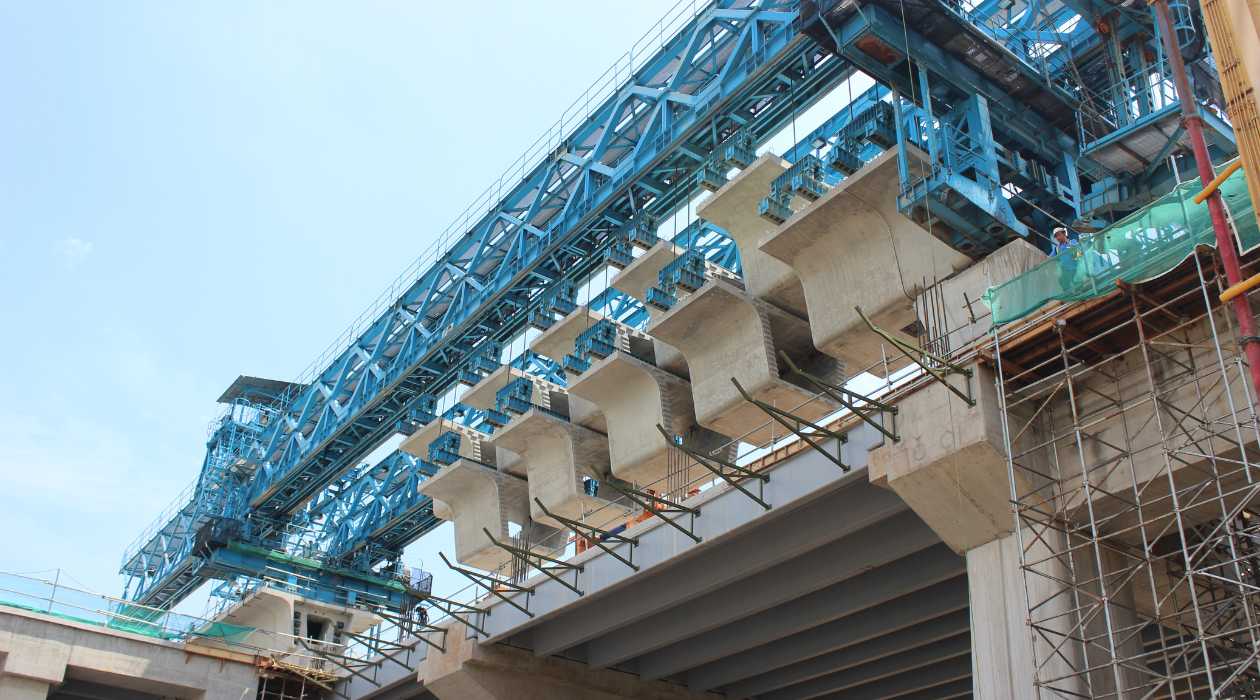
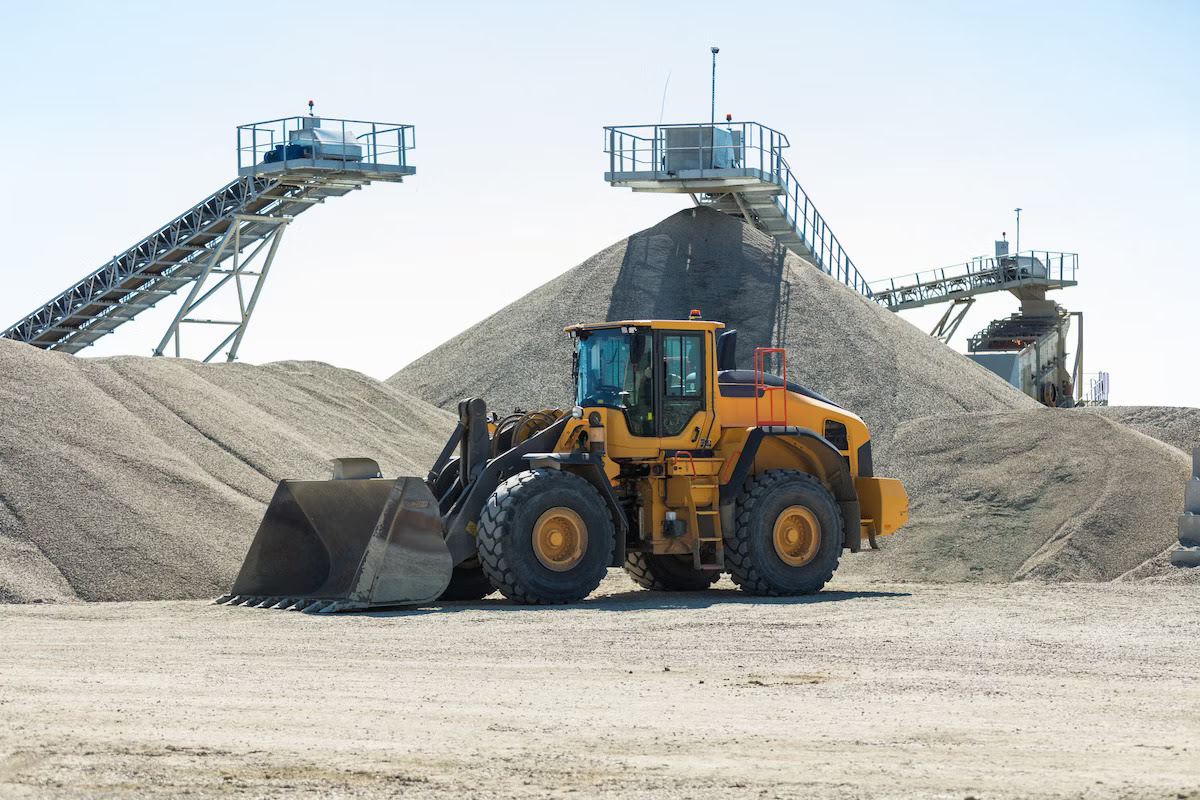
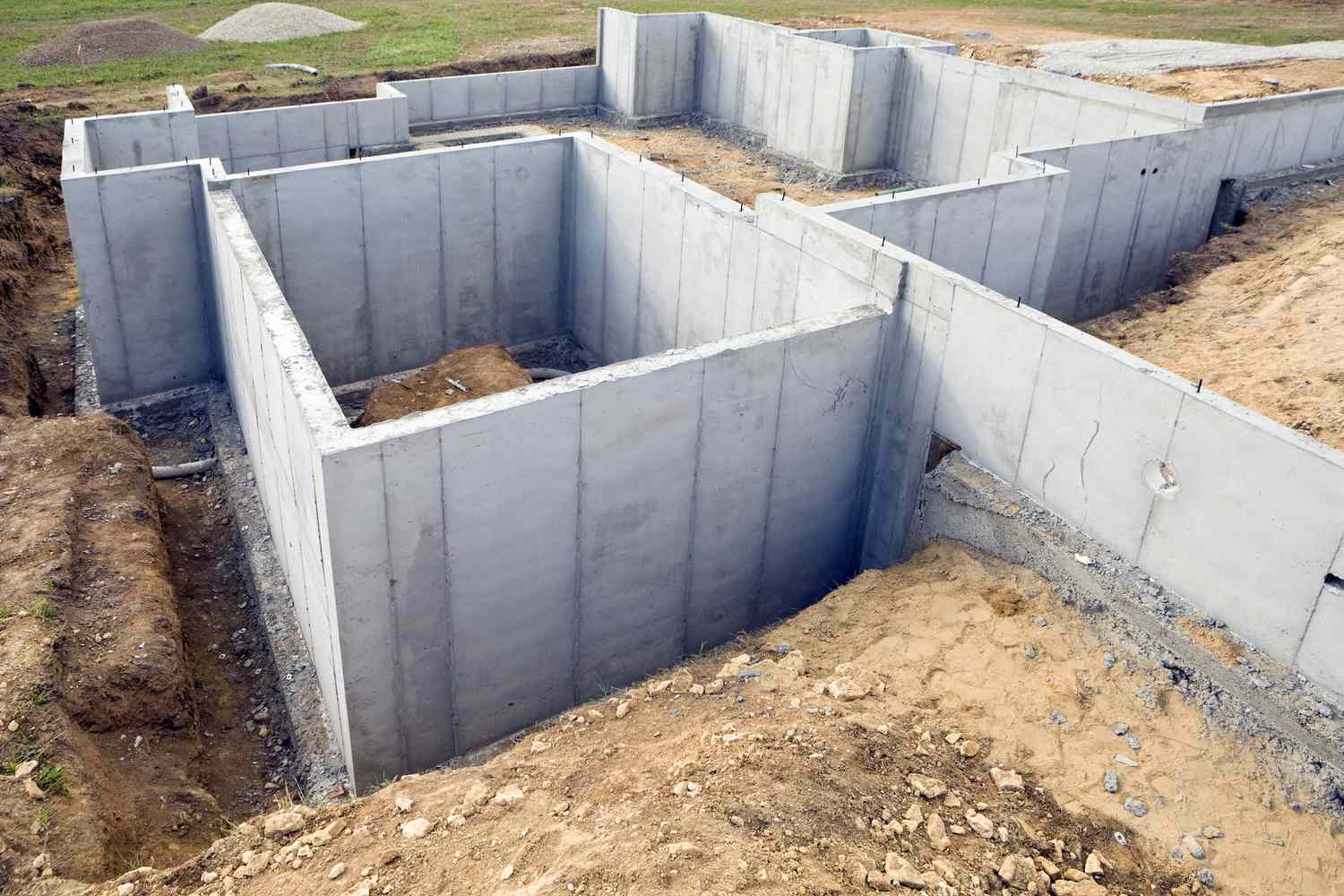

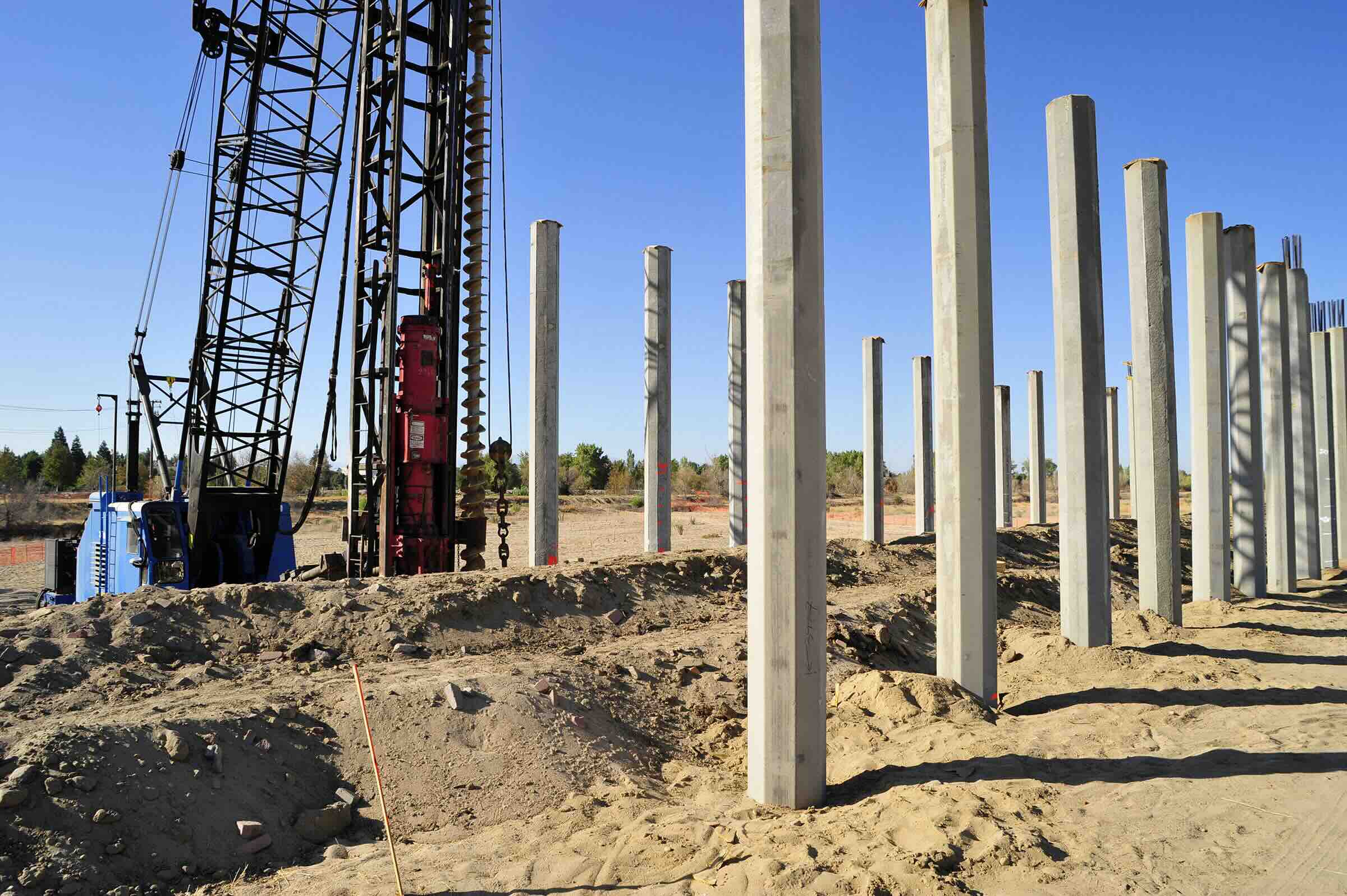

0 thoughts on “What Is A GC In Construction”